In a country where the day begins and ends with chai, and every street corner offers a fresh nimbu-pani or coconut water, beverage startups dream of changing how India drinks. They raise hundreds of crores, launch the product with all the hype, and fill supermarket shelves with colorful bottles. But within a few years, many of these brands quietly disappear, leaving behind lessons written in sweat, hope, and heartbreak.
The People Behind the Pitch
Founders like those at RAW Pressery and Paper Boat weren’t just chasing profits-they were on a mission. They believed India was ready for healthier, more convenient options. They saw urban millennials reading labels and counting calories. They poured their energy, savings, and years into building brands that would stand for something new.
But the Indian consumer, had other plans.
Overview of the Beverage Market
- Market Size: The Indian beverage market was valued at approximately $75 billion in 2024, with projections to nearly double by 2034 at a CAGR of 6.8%.
- Packaged & Ready-to-Drink (RTD) Segment: The RTD beverages market reached $7.85 billion in 2024 and is expected to grow at 6.3% CAGR, driven by urbanization, e-commerce, and convenience.
- Growth Drivers: Rising disposable incomes, urban lifestyles, and exposure to global trends have fueled demand for innovative beverages.
While 80% of urban millennials now check sugar content before purchasing beverages; 40% prefer freshly made drinks over packaged ones and Demandfor functional, plant-based, and low-sugar alternatives is rising , with clear protein-infused and specialty waters gaining popularity, why are beverage startups still failing?
Startup Struggles: Case Examples
| Brand | Revenue (FY24) | Losses (FY24) | Key Issues |
|---|---|---|---|
| RAW Pressery | ~₹200 Cr. (Raised) | Sold in distress | Struggled to scale, high costs, lost market share |
| Paper Boat | ₹585 Cr. | ₹47 Cr. | Revenue growth, but persistent losses, high costs |
RAW Pressery
- Founded on the promise of cold-pressed, healthy juices, RAW Pressery raised over ₹200 crore, but failed to achieve sustainable profitability.
- The brand struggled with high production and logistics costs, limited shelf life, and a market that remained niche and urban-centric.
- Eventually, RAW Pressery was sold in a distress deal after losing its competitive edge.
Paper Boat
- Built a ₹585 crore brand around nostalgia and Indian flavors, but posted losses of over ₹47 crore in FY24, despite cutting losses by 48% year-on-year.
- High input and marketing costs, coupled with the challenge of converting revenue growth into profits, highlight the difficulties D2C beverage brands face in India’s competitive landscape.
Also Read: Lahori Jeera: The Desi Drink Disrupting Indian Beverage Market
Why are Startups Flopping?
1. Misreading Consumer Preferences
- Many D2C startups assumed urban consumers would abandon traditional drinks for “healthier” packaged options, underestimating the deep-rooted cultural preference for fresh, local beverages.
2. High Costs and Low Margins
- Premium ingredients, cold-chain logistics, and aggressive marketing eat into margins.
- Achieving scale is difficult when the core consumer segment remains small and price-sensitive.
3. Investor Fatigue
- F&B startup funding dropped 57% from 2022 to 2024 as investors lost confidence in the sector’s ability to deliver sustainable returns.
- Even established players like Coca-Cola India saw profits drop by 42%, despite increased spending on advertising and promotions.
4. Regulatory and Market Challenges
- Compliance with evolving food safety, labeling, and packaging regulations adds complexity and cost.
- The rise of sustainable packaging is both a necessity and a cost driver, as brands shift to biodegradable and recyclable materials to meet consumer and regulatory demands.
What’s Next? The Rise of the Authentic
Today’s winning brands-like Boba Bhai-aren’t just selling drinks. They’re selling culture, trust, and a sense of belonging. They listen to what India truly wants:
- Drinks that are fun, fresh, and functional
- Brands that feel local, not just look local
- Products that respect tradition while embracing the future
ALSO READ : Boba Bhai Brings Korean-Inspired Bubble Tea & Food to India









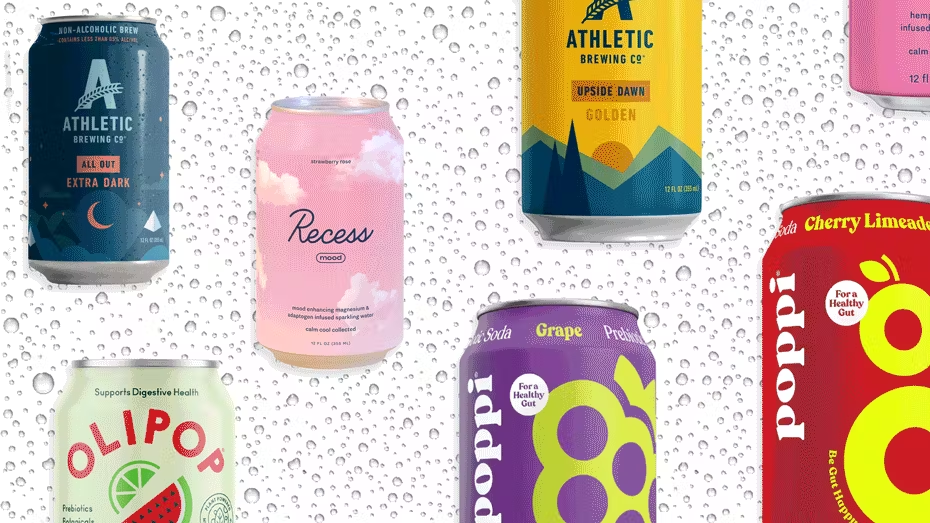
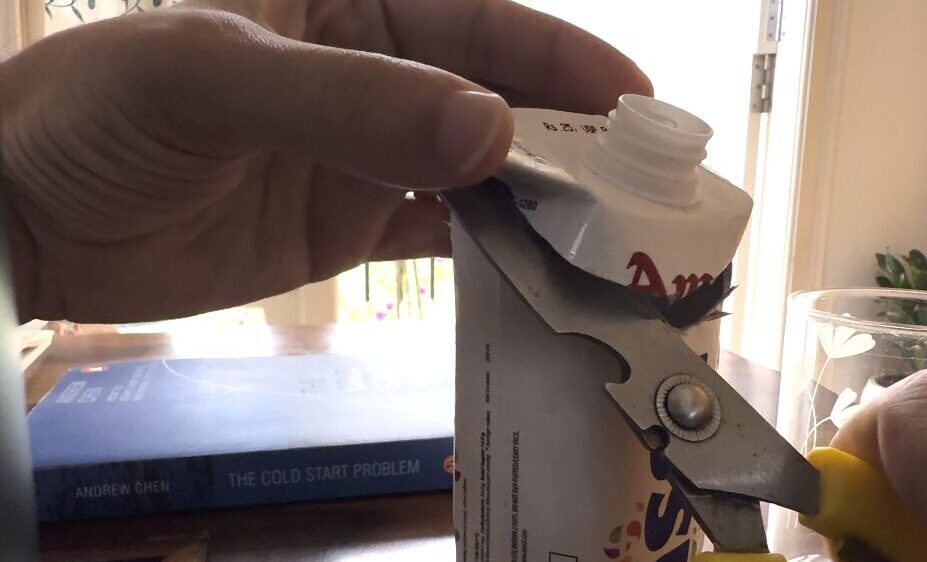
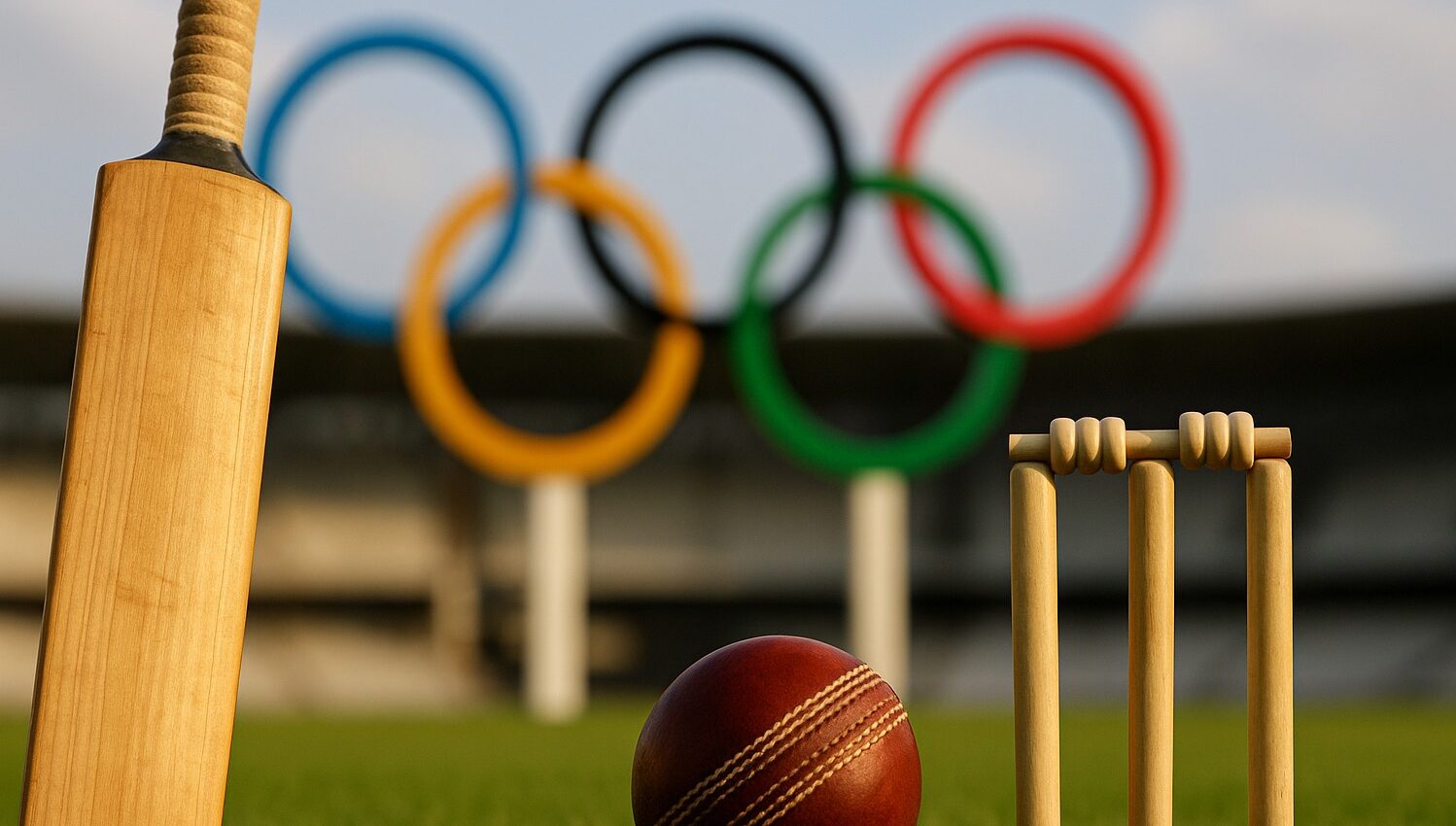

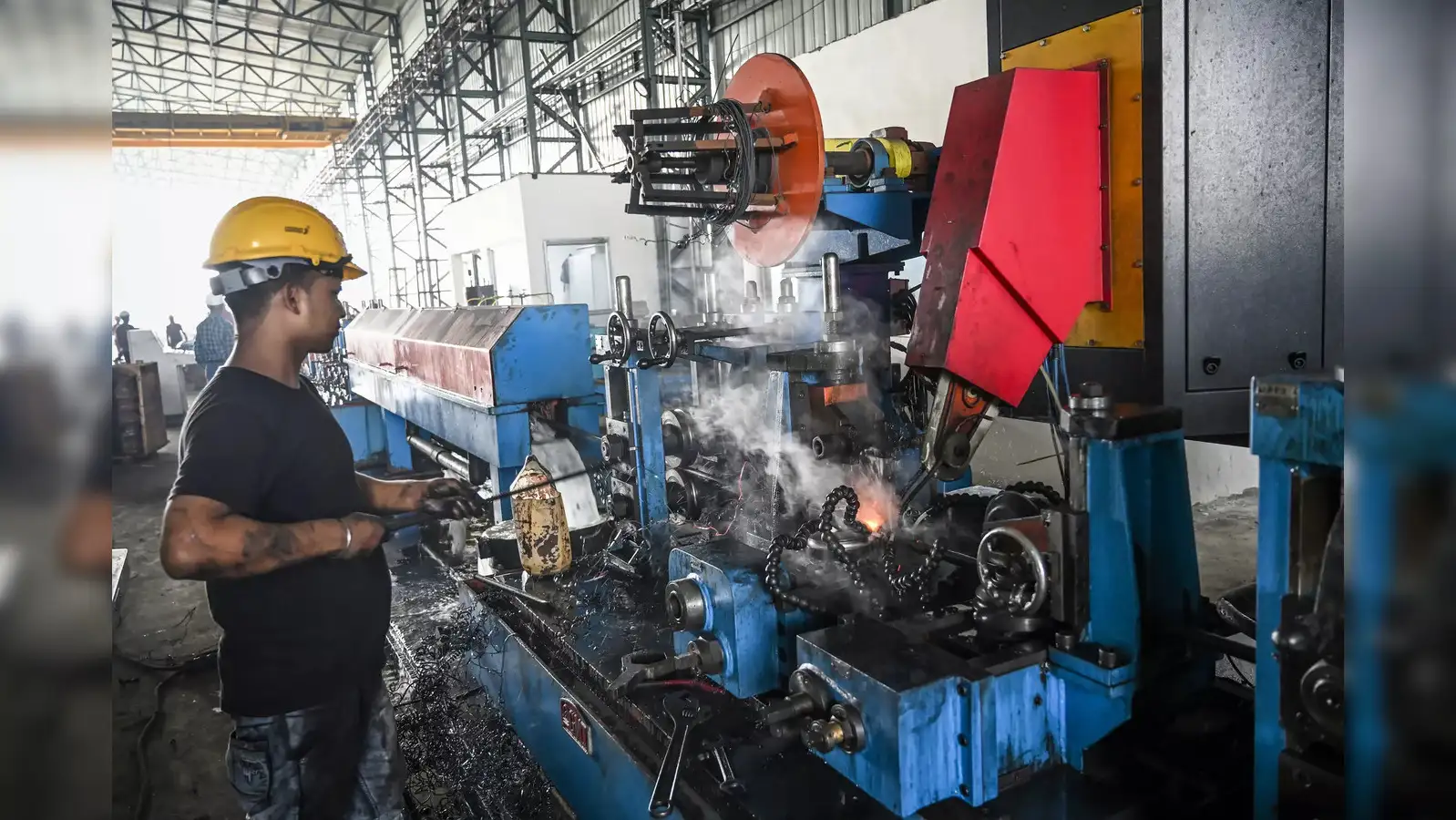
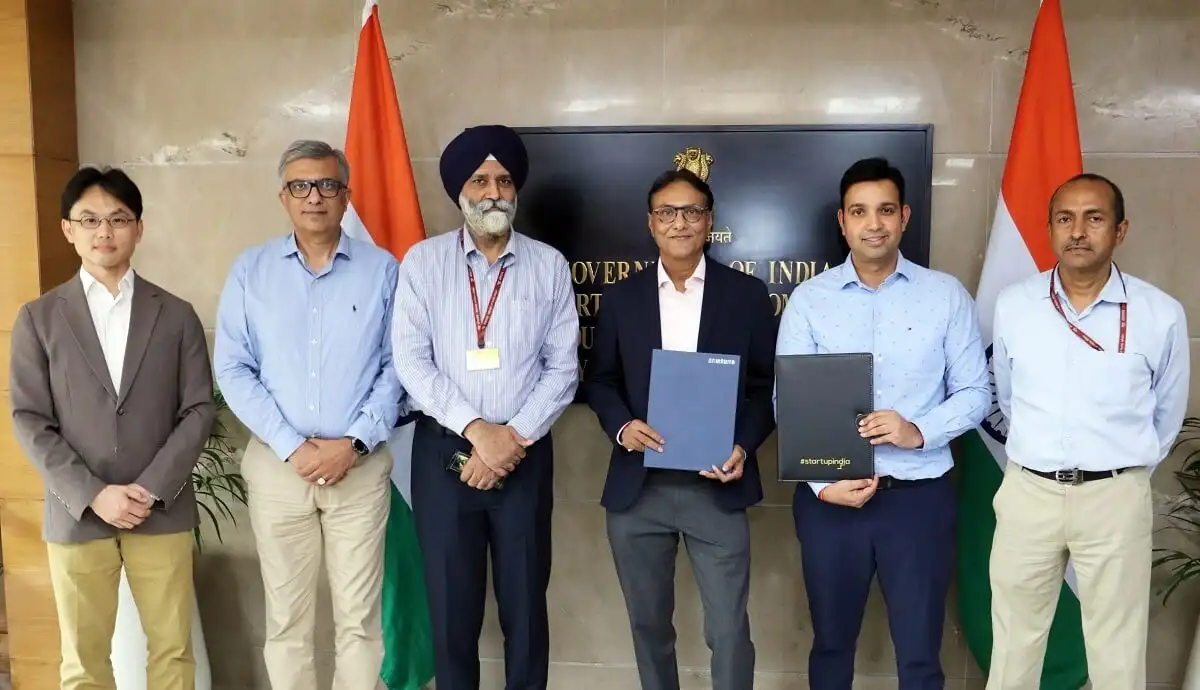

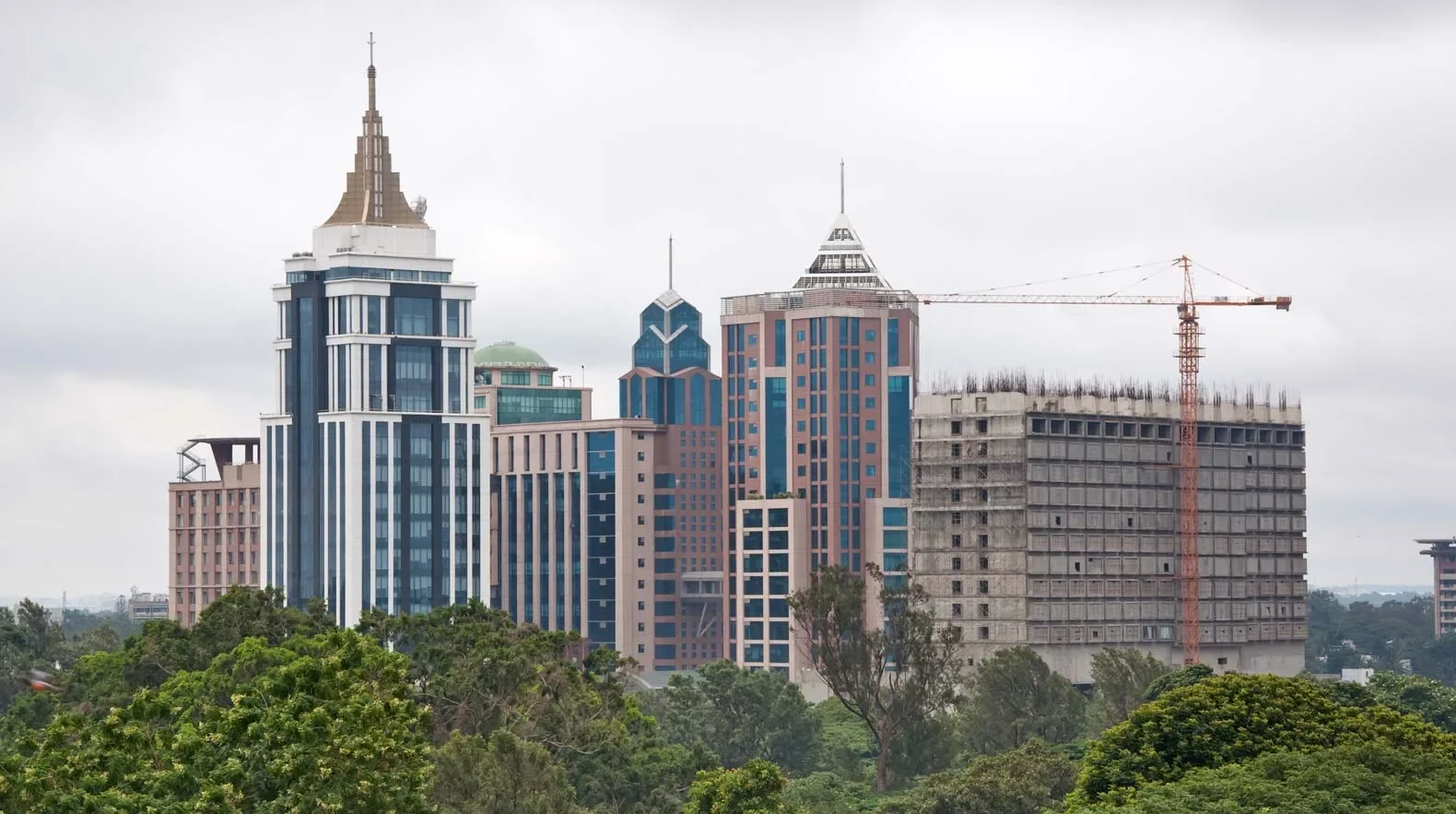
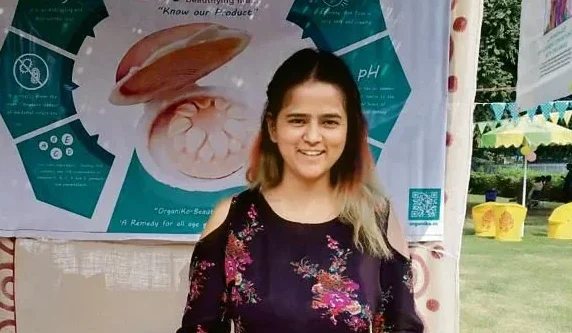

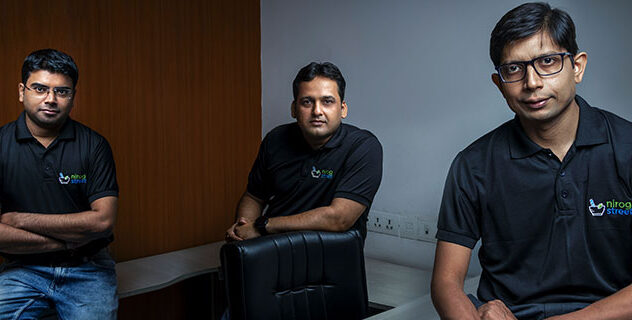

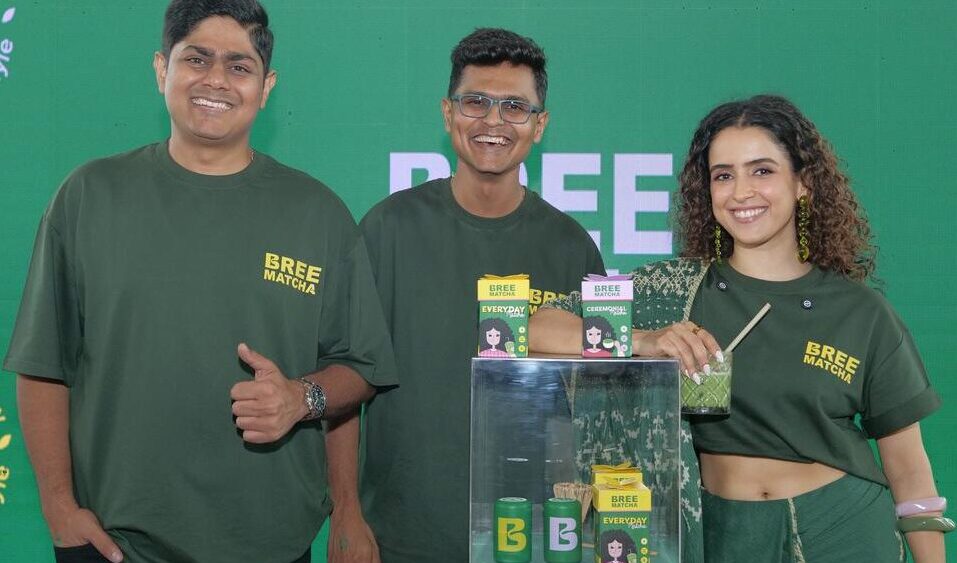
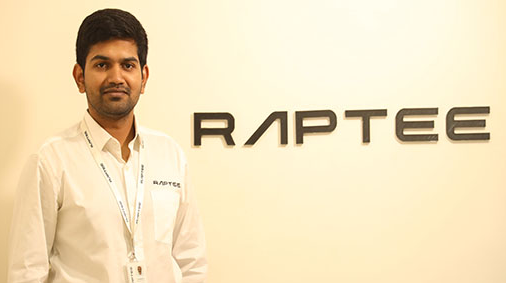
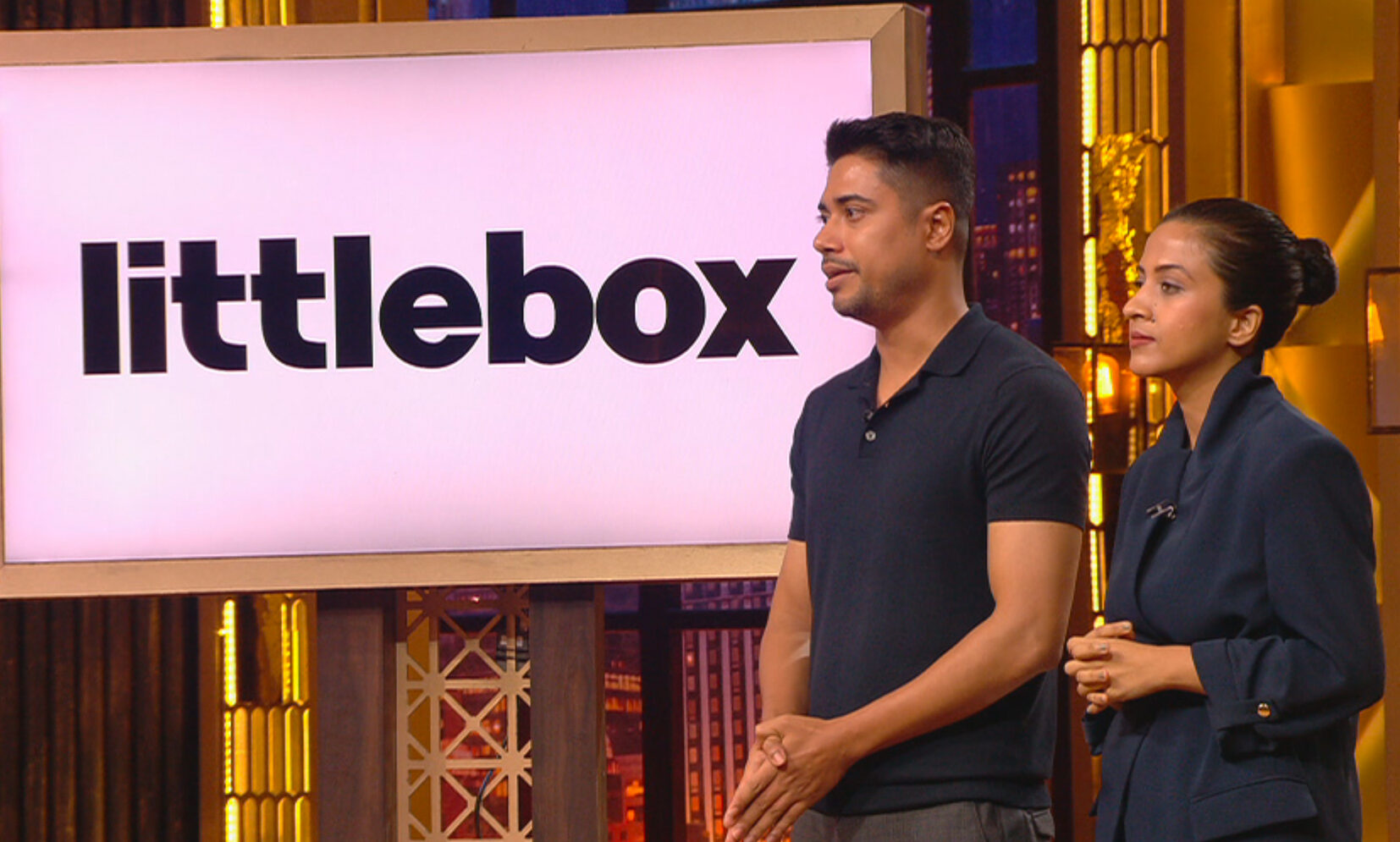

Cali Pierce
You’re so awesome! I don’t believe I have read a single thing like that before. So great to find someone with some original thoughts on this topic. Really.. thank you for starting this up. This website is something that is needed on the internet, someone with a little originality!